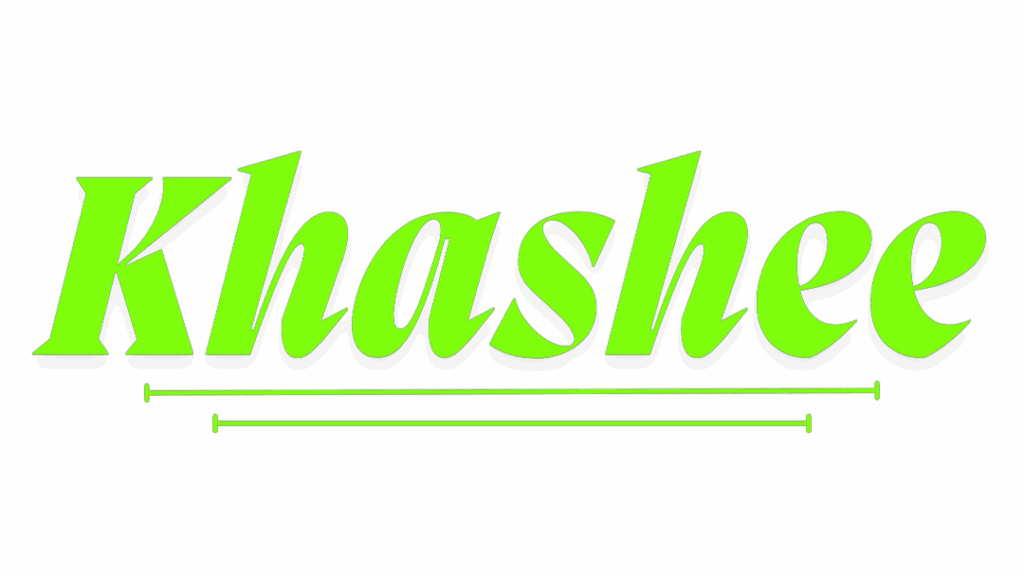When considering any application process, having immediate access to Important Info Before Applying is crucial. Proper preparation is the cornerstone of successful submissions, whether you’re applying for a job, university, or even a loan. This introductory guide aims to equip you with the essential information you’ll need.
Navigating through the dos and don’ts can make or break your application’s success. Therefore, understanding the Important Info Before Applying can provide a competitive edge and set you apart from the rest. This not only saves time but also increases the chances of a favorable outcome.
In this post, we’ll delve into the most relevant aspects that applicants often overlook, yet are paramount for a compelling application. From tailor-making your submission to understanding the criteria, our insights ensure you’re one step ahead right from the start. Prepare to revolutionize your approach with our comprehensive overview.
Understanding the Requirements
The first step in any application process is understanding the specific requirements. Each opportunity comes with its own set of criteria that must be met. Failing to align your application with these can lead to immediate disqualification. Hence, read every guideline meticulously.
Take time to list and analyze all the necessary qualifications and documents needed. Do you meet the educational background or work experience required? Are there specific skills that are emphasized? This initial evaluation is crucial to determine if you stand a viable chance.
Once you comprehend the requirements, it’s easier to tailor your application accordingly. Highlight your strengths that match the criteria and address any potential weak points. This informed approach makes your application robust and relevant.
Crafting a Compelling Application
A standout application is one that clearly communicates your suitability for the role or opportunity. To achieve this, focus on clarity and conciseness. Use bullet points to organize information and make it easy to read.
Your application should tell a story that aligns with the values of the organization or opportunity you are applying for. Personalization is crucial; generic applications are often overlooked. Tailor your content to resonate with the specific audience or selection panel.
Moreover, be authentic and professional. Highlight genuine achievements without exaggeration. Authenticity is often preferred and respected by selection panels. A truthful, yet strategically crafted application can set the right tone.
Preparing Supporting Documents
Supporting documents are often as crucial as the application itself. These include resumes, cover letters, recommendation letters, or a portfolio. Ensure each document is updated, formatted correctly, and free from errors.
Your resume should be a comprehensive representation of your skills and experiences. Tailor it to fit each application, focusing on the most relevant experiences. Keeping it concise while informative is key.
Similarly, recommendation letters should be chosen wisely and should support the claims made in your application. Choose references who can vouch for your skills and achievements relevant to the application.
Time Management Techniques
Effective time management is crucial in avoiding last-minute errors. Once you’ve decided to apply, create a timeline that breaks down the application process into manageable steps. Prioritize tasks based on their deadlines and significance.
Allow extra time for unexpected circumstances, such as awaiting necessary documents or unforeseen technical issues. Regularly review your progress to ensure you’re on track and make adjustments as needed.
By managing your time well, you also provide a window to review and refine your application, ensuring it’s polished and complete before submission. This proactive approach reduces stress and enhances the quality of your submission.
Seek Feedback and Collaborate
Before submitting your application, seek feedback from trusted mentors or peers. An external perspective can offer valuable insights you might have missed. Constructive criticism helps refine your work.
Collaboration isn’t limited to feedback. Engage in discussions with individuals who have applied for similar opportunities. Learn from their experiences and incorporate any practical advice into your strategy.
This collaborative approach often leads to a more refined and polished final submission. Additionally, it emphasizes the human aspect of the application process, as building connections can sometimes open unforeseen doors.
Leveraging Technology in Applications
In today’s digital age, technology can significantly streamline the application process. Use online platforms and tools to research opportunities, submit applications, and track progress. Familiarize yourself with any specific software required for the application.
Platforms like LinkedIn and various job portals allow easy access to opportunities and enable you to manage applications more efficiently. Utilize these tools to broaden your reach and discover less obvious opportunities.
Moreover, technology aids in maintaining communication channels open. Institutions often use email or other digital means to contact applicants, so ensure you’re reachable and responsive to any queries or updates.
Conclusion
A thorough understanding of the Important Info Before Applying is indispensable for achieving application success. With the right preparation, attention to detail, and strategic planning, applicants can significantly enhance their chances of success.
By focusing on clarity, personalization, and leveraging available resources, the application process becomes less daunting and more manageable. Ultimately, mastering these steps not only increases the odds of acceptance but also builds valuable skills for future endeavors.
Embrace these strategies with confidence, knowing that your efforts are grounded in proven methodologies. As you take these insights into your next application, remember that preparation and presentation are your strongest allies.
